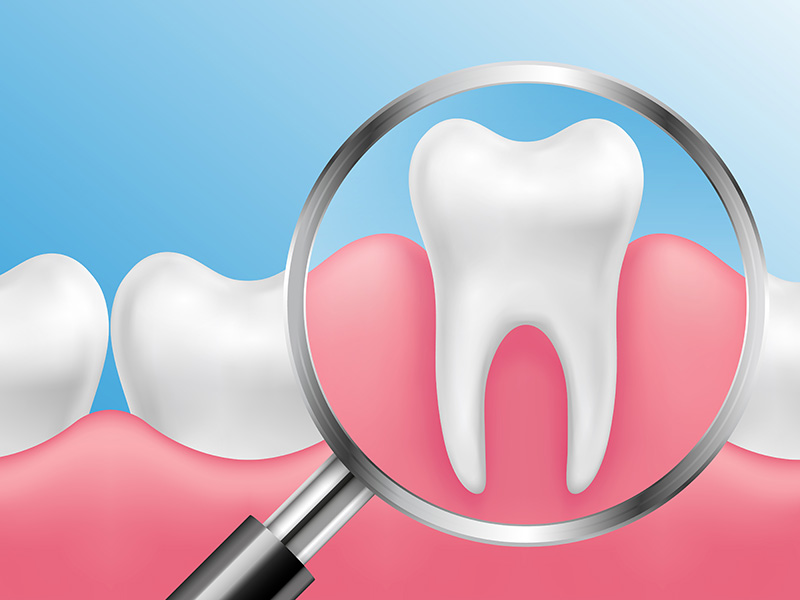A New Kid on the Block?

For decades, researchers have known that certain bacteria in the mouth can contribute to the development of gum disease. Still, in a first-of-its-kind study, researchers from Charité Universitätsmedizin Berlin have shown that a unicellular parasite, known as Entamoeba gingavalis, is also a contributor to the condition.
The study found the amoeba in the mouths of individuals living with severe and recurring cases of periodontitis, an advanced form of gum disease. Entamoeba gingavilis has similar effects to another intestinal parasite, Entamoeba histolytica, which causes amebiasis (dysentery).
During the study, the researchers found that after the Entamoeba gingavils invaded the gum tissue, it destroyed gum tissue cells.
Like Entamoeba histolytica, Entamoeba gingavilis evoked a similar response in its host by causing inflammation and damage.
Periodontitis, also known as gum disease, is a condition that causes inflammation, swelling and recession of the gums. Gum disease is one of the most prevalent diseases globally; according to the U.S. Centers for Disease Control and Prevention (CDC), half of American adults over the age of 30 have periodontitis.
‘If periodontitis is left untreated, patients can face tooth loss,’ said Dr. Sean Endsley of Legends Dental in Waco, Texas.
Beyond the mouth, if periodontitis goes untreated, it can have other severe health impacts.
‘When gum disease becomes severe, there are new health risks, such as an increase in the risk of developing cardiovascular disease, dementia, stroke and rheumatoid arthritis,’ Endsley said.
The researchers found that the parasite is transmitted between individuals via simple droplet infection.
Conventional treatments for periodontal disease are not always successful. Researchers believe that this was because they were aimed at treating bacteria such as Treponema denticola and Porphyromonas gingivalis, which are known contributors to gum conditions.
‘In many cases, treatments for gum conditions include root planing and scaling to physically remove dental plaque that houses disease-causing bacteria from below the gumline,’ Endsley said.
But by identifying Entamoeba gingavilis as a factor in gum disease, the German researchers hope that new treatments will develop to help give patients better outcomes.
‘The symptoms of periodontal disease include swollen gums, bad breath, gum recession, bleeding when brushing and pain when eating,’ Endsley said.


